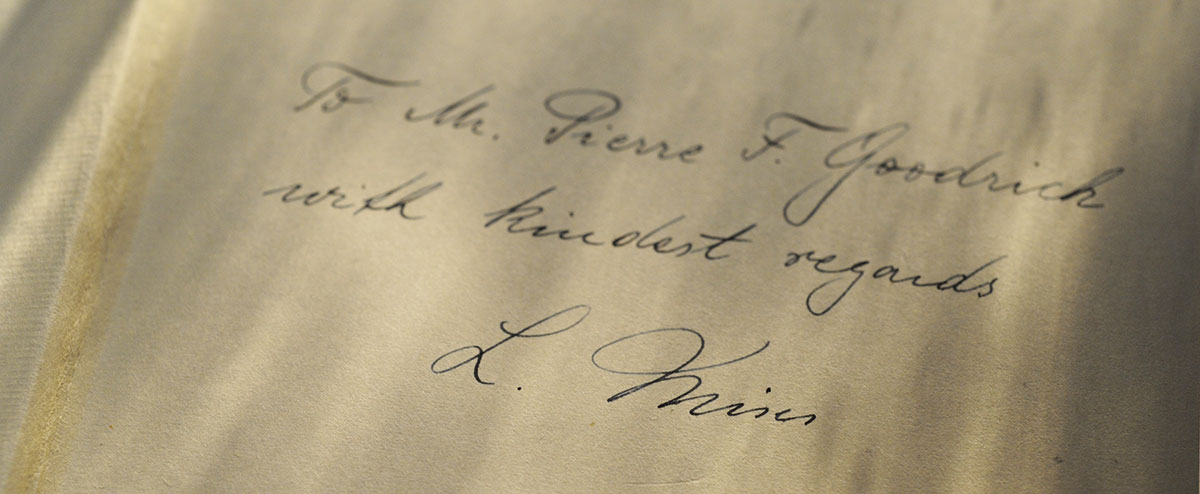Bush92
GHBush1992
- May 23, 2014
- 34,808
- 10,703
- 1,400

Burke and the French Revolution I | Online Library of Liberty
Related Links: Edmund Burke Subject Area: Political Theory Debate: French Revolution Related Links in the GSR: Edmund Burke Source: Introduction to Select Works of Edmund Burke. A New Imprint of the Payne Edition. Foreword and Biographical Note by Francis Canavan (Indianapolis: Liberty Fund...
oll.libertyfund.org
"The outbreak of the French Revolution in 1789 gave Burke his greatest target. He expressed his hostility in 'Reflections on the Revolution in France' (1790). The book provoked a huge response, including Thomas Paine's 'The Rights of Man'. Burke emphasised the dangers of mob rule, fearing that the Revolution's fervour was destroying French society. He appealed to the British virtues of continuity, tradition, rank and property and opposed the Revolution to the end of his life"
-BBC
